August 15 stands as one of history’s most eventful days, witnessing the rise and fall of empires, groundbreaking discoveries, and moments that shaped our modern world across centuries of human achievement.
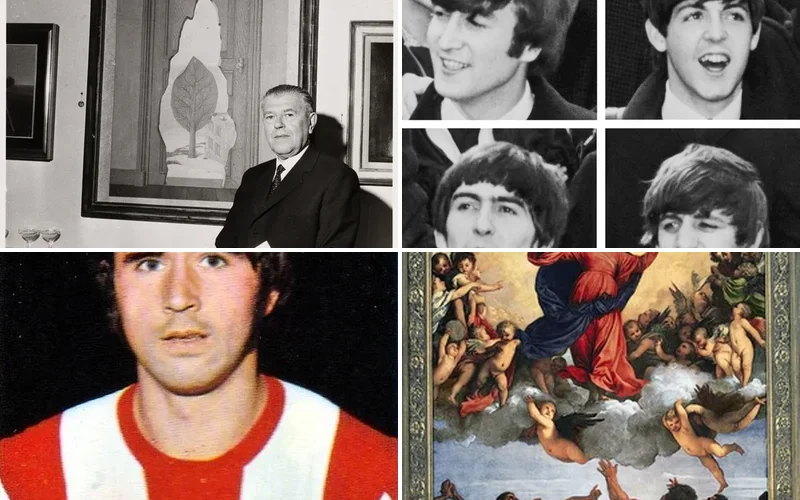
Politics and Government Events on August 15
1947 – India Gains Independence from British Rule
The British Empire’s crown jewel achieved independence after nearly 190 years of colonial rule. Lord Mountbatten formally transferred power to the new Indian government in a ceremony marking the end of the Raj.
The partition process simultaneously created Pakistan, leading to massive population movements across religious lines. India’s independence inspired decolonization movements worldwide and established the nation as a founding member of the Commonwealth.
1947 – Muhammad Ali Jinnah Sworn as Pakistan’s First Governor-General
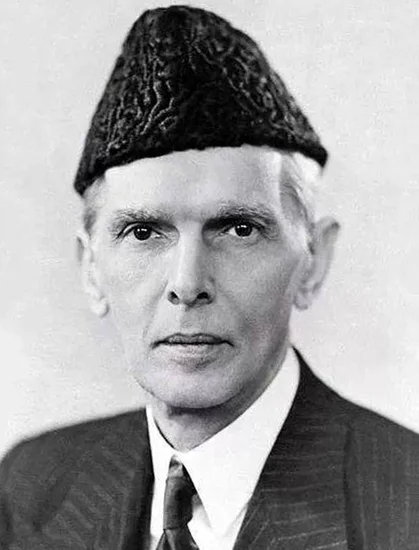
Pakistan’s founder took the oath of office in Karachi, becoming the new nation’s first Governor-General. Jinnah’s ceremony occurred alongside India’s independence celebrations, marking the birth of two separate nations.
The partition created unprecedented challenges as millions of refugees crossed borders between the new countries. Jinnah’s leadership proved crucial in establishing Pakistan’s early governmental structures and international recognition.
1948 – First Republic of Korea Established
South Korea officially emerged as an independent republic in the southern portion of the Korean Peninsula. The new government established democratic institutions following years of Japanese occupation and post-war administration.
American military authorities transferred power to Korean leaders, ending the occupation period. The republic’s formation occurred amid growing tensions with North Korea, setting the stage for permanent division.
1954 – Alfredo Stroessner Begins Paraguay Dictatorship
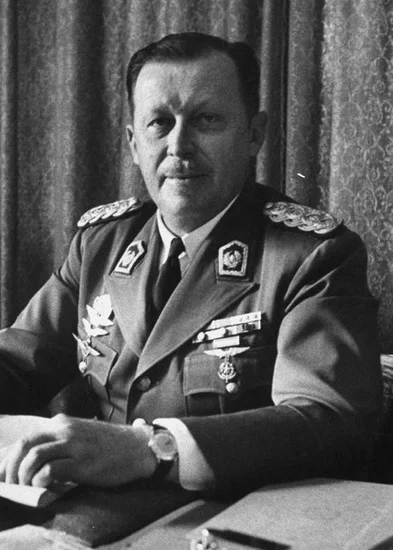
General Alfredo Stroessner seized power in Paraguay, launching what would become South America’s longest-running military dictatorship. His coup overthrew the existing government and established authoritarian rule.
Stroessner’s regime would control Paraguay for 35 years, implementing harsh repression against political opponents. The dictatorship became notorious for human rights abuses and close cooperation with other military governments in the region.
1975 – Sheikh Mujibur Rahman Assassinated in Bangladesh
Bangladesh’s founding leader and most of his family members were killed during a military coup in Dhaka. The assassination ended the political career of the man who led Bangladesh to independence from Pakistan.
Military officers stormed the presidential residence, fundamentally altering Bangladesh’s political trajectory. Rahman’s death created a power vacuum that led to years of military rule and political instability.
2021 – Taliban Captures Kabul as Afghanistan Government Collapses
The Taliban entered Afghanistan’s capital as President Ashraf Ghani fled the country along with thousands of civilians and foreign nationals. The rapid collapse ended twenty years of Western-backed government rule.
Desperate scenes unfolded at Kabul airport as people sought to escape the Taliban’s return to power. The event marked the effective restoration of the Islamic Emirate of Afghanistan and the end of America’s longest war.
Military and Naval History on August 15
1914 – Battle of Cer Begins
Serbian forces engaged Austro-Hungarian troops in the first Allied victory of World War I. The battle demonstrated Serbian military capabilities against a major European power.
The victory boosted Allied morale during the war’s opening weeks and proved that the Central Powers were not invincible. Serbian resistance forced Austria-Hungary to divert significant resources to the Balkan front.
1920 – Battle of Warsaw Miracle at the Vistula
Polish forces achieved a stunning victory against the Red Army, halting Soviet westward expansion into Europe. The battle became known as the “Miracle at the Vistula” due to Poland’s unexpected triumph.
Marshal Józef Piłsudski’s tactical brilliance helped save Warsaw from capture and potentially prevented communist revolution in Western Europe. The victory secured Polish independence and established the nation’s eastern borders.
1940 – Italian Submarine Torpedoes Greek Cruiser Elli
An Italian submarine attacked the Greek cruiser Elli at Tinos harbor during peacetime, sinking the vessel in a provocative act. The incident represented Italy’s most serious aggression against Greece before formal war began.
The attack violated international law and Greek neutrality, escalating tensions in the Mediterranean. This provocation foreshadowed the Greco-Italian War that would begin months later, drawing Greece into World War II.
1942 – SS Ohio Reaches Malta During Operation Pedestal
The critically damaged oil tanker SS Ohio limped into Malta’s harbor carrying vital fuel supplies for the island’s defense. The ship’s arrival marked the successful conclusion of one of World War II’s most desperate convoy missions.
Ohio’s heroic journey through Mediterranean waters under constant enemy attack became legendary among British naval operations. The fuel delivery enabled Malta to continue serving as a crucial Allied base in the Mediterranean theater.
1944 – Operation Dragoon Allied Landing in Southern France
Allied forces launched a major amphibious invasion along the French Riviera, opening a second front in France. The operation complemented the Normandy invasion and accelerated German withdrawal from Western Europe.
American and French forces quickly established beachheads and began advancing inland toward Germany. The successful landing helped liberate southern France and provided additional supply routes for the Allied advance.
Science and Discovery Milestones on August 15
1977 – Big Ear Radio Telescope Receives “Wow! Signal”
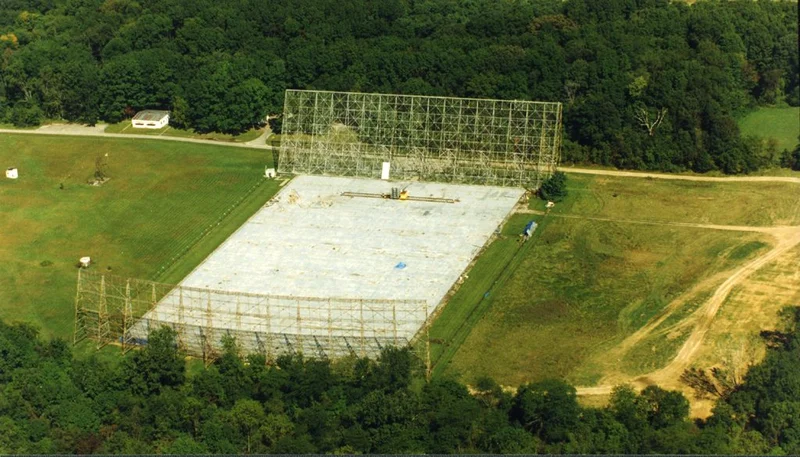
Ohio State University’s radio telescope detected a powerful signal from deep space that lasted 72 seconds. The signal’s intensity and characteristics suggested possible extraterrestrial origin, creating excitement in the scientific community.
Astronomer Jerry Ehman discovered the signal while reviewing data printouts and wrote “Wow!” in the margin, giving the event its famous name. Despite decades of searching, scientists have never detected the signal again or determined its source.
2013 – Smithsonian Announces Olinguito Discovery
Scientists announced the discovery of the olinguito, the first new carnivorous mammal species found in the Americas in 35 years. The small, tree-dwelling creature was identified in the cloud forests of Colombia and Ecuador.
The discovery highlighted how much biodiversity remains unknown even in well-studied regions. Researchers used museum specimens and field work to confirm the olinguito as a distinct species separate from its relatives.
2020 – Russia Begins Sputnik V Vaccine Production
Russia launched mass production of the Sputnik V COVID-19 vaccine, becoming the first country to approve a coronavirus vaccine. The announcement marked a significant milestone in the global pandemic response.
The vaccine’s development and approval process generated international controversy over safety protocols and testing procedures. Russia’s early vaccine approval demonstrated the intense global competition to combat the pandemic.
Cultural and Arts Events on August 15
1939 – The Wizard of Oz Premieres in Hollywood
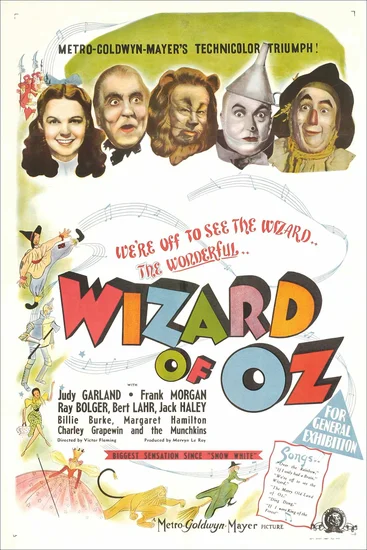
MGM’s beloved musical premiered at Grauman’s Chinese Theater in Los Angeles, introducing audiences to Dorothy’s magical journey. The film featured groundbreaking Technicolor sequences and memorable songs like “Over the Rainbow.”
The movie’s innovative special effects and musical numbers established new standards for Hollywood productions. The Wizard of Oz became a cultural phenomenon that continues to enchant audiences generations after its release.
1965 – The Beatles Perform at Shea Stadium

The Beatles played to nearly 60,000 screaming fans at Shea Stadium in New York City, setting attendance records for rock concerts. The performance marked the birth of stadium rock and changed the scale of popular music events.
The concert’s massive audience and unprecedented excitement demonstrated rock music’s growing cultural dominance. The Beatles’ Shea Stadium performance became a template for large-scale rock concerts that followed.
1969 – Woodstock Music Festival Opens

The Woodstock Music & Art Fair began in Bethel, New York, featuring legendary rock musicians of the era. The three-day festival became a defining moment of the counterculture movement and 1960s youth culture.
Artists like Jimi Hendrix, Janis Joplin, and The Who performed for over 400,000 attendees in what became known as “Three Days of Peace and Music.” The festival symbolized the era’s ideals of peace, love, and musical expression.
1914 – Frank Lloyd Wright’s Taliesin Tragedy
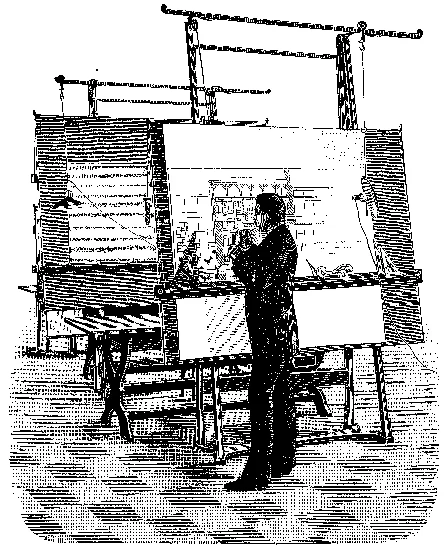
A servant set fire to Frank Lloyd Wright’s Wisconsin home and murdered seven people, including Wright’s partner Mamah Borthwick Cheney. The tragedy shocked the architectural world and devastated Wright personally.
The attack destroyed the living quarters of Wright’s innovative prairie-style home and studio. Wright later rebuilt Taliesin, but the traumatic event profoundly affected his life and architectural career.
Religious and Social Events on August 15
1907 – First African-American Orthodox Priest Ordained
Father Raphael Morgan became the first African-American Orthodox priest when he was ordained in Constantinople. His ordination broke racial barriers in Orthodox Christianity and opened new possibilities for African-American religious leadership.
Morgan received the title “Priest-Apostolic” to America and the West Indies, recognizing his missionary role. His groundbreaking ordination helped establish Orthodox Christianity within African-American communities across the United States.
1963 – Henry John Burnett Executed in Scotland
Henry John Burnett became the last person executed by hanging in Scotland, marking the end of an era in Scottish criminal justice. His execution occurred as public opinion increasingly turned against capital punishment.
The execution took place at Aberdeen’s Craiginches Prison before a small group of official witnesses. Burnett’s death represented Scotland’s final use of the death penalty before its abolition in later decades.
1998 – Omagh Bombing Kills 29 in Northern Ireland
A car bomb exploded in the market town of Omagh, killing 29 people including a woman pregnant with twins. The attack represented one of the deadliest incidents during Northern Ireland’s troubled period.
The Real IRA claimed responsibility for the bombing, which occurred after the Good Friday Agreement was signed. The attack generated widespread condemnation and strengthened support for the peace process.
Business and Economic Events on August 15
1971 – Nixon Ends Gold Standard Convertibility

President Richard Nixon completed the break from the gold standard by ending foreign investors’ ability to convert dollars into gold. The decision fundamentally altered the global monetary system and established floating exchange rates.
Nixon’s announcement shocked international financial markets and ended the Bretton Woods system that had governed global finance since World War II. The move gave the United States greater monetary flexibility but created new uncertainties in international trade.
1998 – Apple Introduces the iMac Computer
Apple unveiled the iMac, featuring a translucent, colorful design that revolutionized personal computer aesthetics. The computer’s innovative appearance and user-friendly interface helped revitalize Apple’s struggling business.
The iMac’s success marked Steve Jobs’ triumphant return to Apple and began the company’s transformation into a technology leader. The computer’s design philosophy influenced countless consumer electronics products that followed.
1915 – German Phenol Purchase Revealed
The New York World newspaper exposed that Imperial Germany had purchased excess phenol from Thomas Edison for explosive production. The revelation showed how American industrial capacity inadvertently supported the German war effort.
The story revealed that Germany diverted the phenol to Bayer for aspirin production rather than explosives, highlighting the complex relationships between American businesses and wartime Germany. The incident raised questions about American neutrality and industrial exports.
Transportation and Infrastructure on August 15
1914 – Panama Canal Opens to Traffic
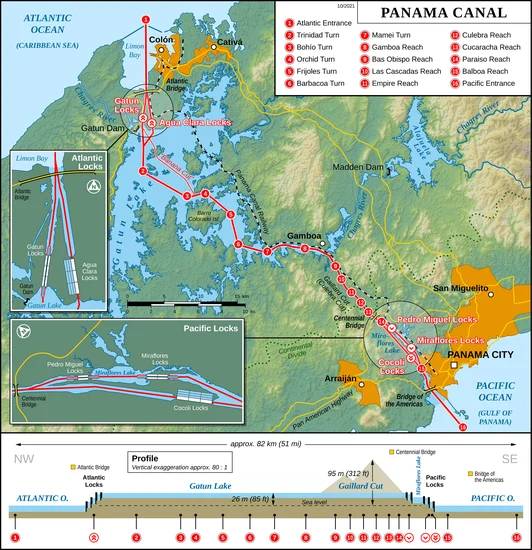
The Panama Canal officially opened to commercial traffic with the passage of the cargo ship SS Ancon. The engineering marvel connected the Atlantic and Pacific oceans, revolutionizing global maritime trade.
The canal’s completion ended decades of construction challenges including disease, engineering obstacles, and massive earthmoving projects. The waterway immediately became one of the world’s most important shipping routes, reducing voyage times between oceans.
1961 – Conrad Schumann Flees East Germany
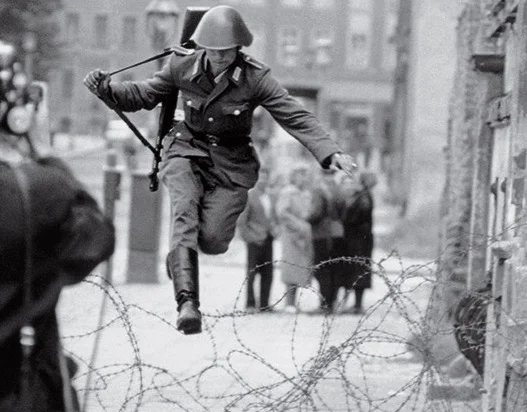
Border guard Conrad Schumann made a dramatic escape from East Germany while on duty guarding Berlin Wall construction. His leap over barbed wire became an iconic symbol of the desire for freedom during the Cold War.
Photographer Peter Leibing captured Schumann’s escape in a famous photograph that symbolized the human cost of German division. The image became one of the most recognizable symbols of the Cold War era.
1950 – Massive Earthquake Strikes Assam-Tibet Border
A magnitude 8.6 earthquake devastated the Assam-Tibet-Myanmar border region, killing 4,800 people in one of the largest land-based earthquakes recorded. The massive tremor caused widespread destruction across the remote mountainous region.
The earthquake’s enormous magnitude made it one of the most powerful land-based seismic events in recorded history. The remote location limited rescue efforts and contributed to the high casualty toll in affected communities.
Sports and Recreation on August 15
1970 – Patricia Palinkas Becomes First Woman in Professional American Football
Patricia Palinkas made history by becoming the first woman to play in a professional American football game. Her participation broke gender barriers in one of America’s most male-dominated sports.
Palinkas played as a holder for extra point attempts, demonstrating that women could participate in professional football. Her groundbreaking appearance opened discussions about gender equality in professional sports.
1935 – Will Rogers and Wiley Post Die in Alaska Crash

Beloved humorist Will Rogers and pilot Wiley Post were killed when their aircraft crashed during takeoff in Barrow, Alaska. The accident shocked America and ended two remarkable careers in entertainment and aviation.
Post was attempting to establish new aviation routes when the engine problems developed during takeoff. The crash eliminated two of America’s most famous personalities and highlighted the dangers of early aviation exploration.
1995 – Shannon Faulkner Enters The Citadel
Shannon Faulkner became the first female cadet to matriculate at The Citadel military academy in South Carolina. Her admission followed years of legal battles to integrate the all-male institution.
Faulkner’s enrollment broke gender barriers at one of America’s most traditional military colleges. Though she withdrew within a week, her brief attendance opened the door for future female cadets.
Notable Births on August 15
1912 – Julia Child, American Chef and Author

Julia Child entered the world in Pasadena, California, destined to revolutionize American cooking. Her towering height and adventurous spirit would later captivate audiences through cookbooks and television.
Child’s mastery of French cuisine introduced American home cooks to sophisticated cooking techniques. Her cookbook “Mastering the Art of French Cooking” became a culinary bible for generations of aspiring chefs.
1925 – Oscar Peterson, Canadian Jazz Pianist
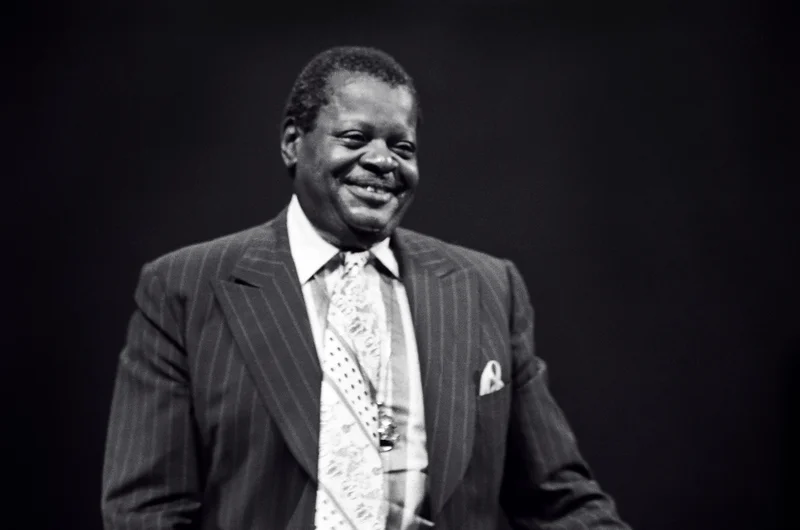
Oscar Peterson was born in Montreal, Quebec, becoming one of jazz music’s most accomplished pianists. His technical brilliance and swing style earned him recognition as a piano virtuoso.
Peterson’s prolific recording career spanned decades and influenced countless jazz musicians worldwide. His performances with jazz legends like Ella Fitzgerald and Louis Armstrong established him among music’s greatest collaborators.
1933 – Stanley Milgram, American Social Psychologist
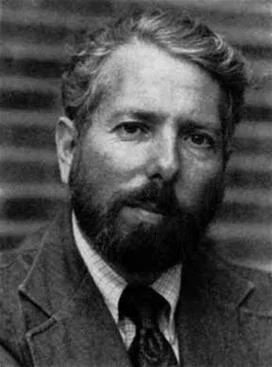
Stanley Milgram was born in New York City, destined to conduct some of psychology’s most famous experiments. His research into obedience and authority would fundamentally change understanding of human behavior.
Milgram’s obedience experiments revealed disturbing truths about people’s willingness to follow authority figures. His work continues to influence psychological research and ethical discussions about human behavior studies.
1938 – Stephen Breyer, American Supreme Court Justice
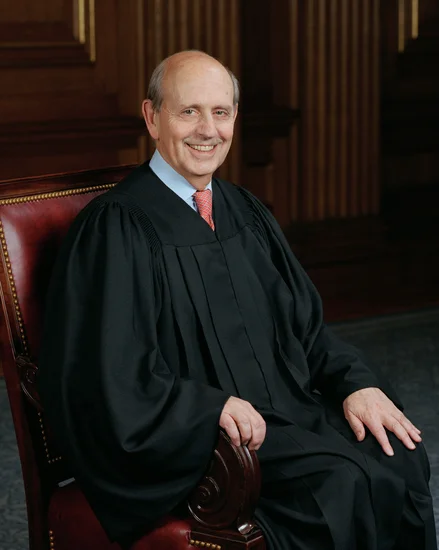
Stephen Breyer was born in San Francisco, California, beginning a distinguished legal career. His scholarly approach to constitutional law would shape American jurisprudence for decades.
Breyer served on the Supreme Court for nearly three decades, known for his pragmatic approach to legal interpretation. His opinions often emphasized the practical consequences of legal decisions on American society.
1970 – Anthony Anderson, American Actor and Comedian

Anthony Anderson was born in Los Angeles, California, launching a career in comedy and television. His versatile talents would span sitcoms, dramas, and game show hosting.
Anderson’s breakthrough role in “Black-ish” earned critical acclaim and multiple Emmy nominations. His work has consistently addressed social issues while maintaining his comedic sensibilities.
1972 – Ben Affleck, American Actor and Director

Ben Affleck was born in Berkeley, California, beginning a multifaceted entertainment career. His talents would encompass acting, directing, screenwriting, and producing across multiple decades.
Affleck’s collaboration with Matt Damon on “Good Will Hunting” earned them an Academy Award for screenwriting. His directorial efforts, including “Argo,” demonstrated his skills behind the camera as well as in front of it.
1989 – Joe Jonas, American Singer-Songwriter

Joe Jonas was born in Casa Grande, Arizona, destined to become a pop music sensation. His musical journey would span boy bands, solo projects, and mainstream pop success.
Jonas achieved fame with the Jonas Brothers before pursuing solo projects and forming DNCE. His musical evolution demonstrated adaptability across different pop music trends and generations.
1990 – Jennifer Lawrence, American Actress

Jennifer Lawrence was born in Indian Hills, Kentucky, beginning what would become a meteoric rise to Hollywood stardom. Her natural talent and charismatic personality would captivate audiences worldwide.
Lawrence’s breakthrough role in “The Hunger Games” franchise established her as a leading action star. Her Oscar-winning performance in “Silver Linings Playbook” demonstrated her dramatic range and versatility.
Notable Deaths on August 15
1935 – Will Rogers, American Humorist and Actor
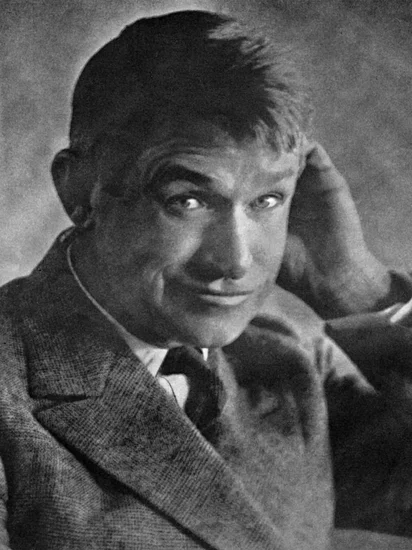
Will Rogers died in an airplane crash in Barrow, Alaska, ending one of America’s most beloved entertainment careers. His folksy humor and political commentary had made him a national treasure.
Rogers’ newspaper columns and radio shows reached millions of Americans during the Great Depression. His death in the aviation accident with pilot Wiley Post shocked the nation and ended an era of American entertainment.
1935 – Wiley Post, American Aviation Pioneer
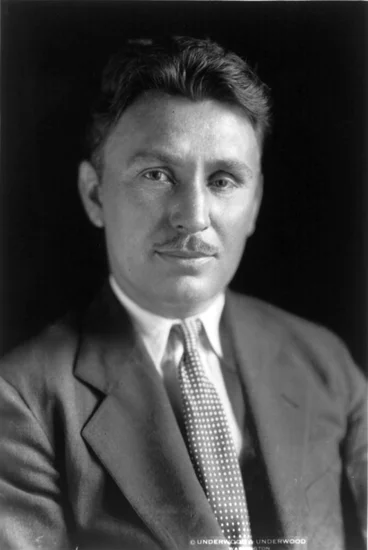
Wiley Post perished alongside Will Rogers in their Alaska plane crash, concluding a groundbreaking aviation career. Post had achieved fame as the first pilot to fly solo around the world.
Post’s innovations in high-altitude flying and pressure suit development advanced aviation technology significantly. His death while exploring new flight routes demonstrated the continued dangers facing aviation pioneers.
1967 – René Magritte, Belgian Surrealist Painter
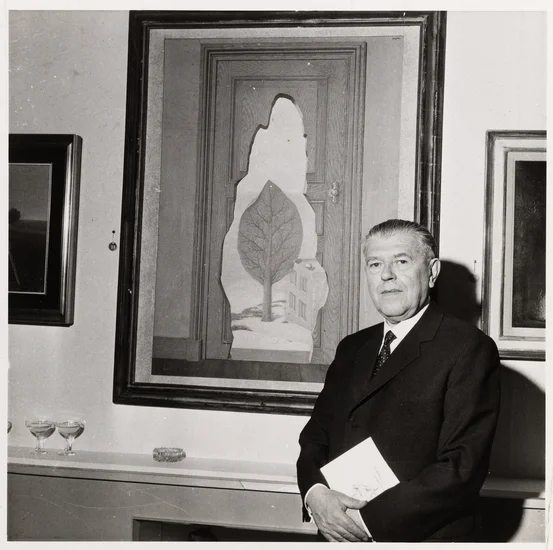
René Magritte died in Brussels, Belgium, ending a career that redefined surrealist art. His thought-provoking paintings challenged viewers’ perceptions of reality and representation.
Magritte’s works like “The Treachery of Images” became iconic examples of conceptual art. His exploration of the relationship between words and images influenced generations of artists and philosophers.
1975 – Sheikh Mujibur Rahman, Bangladesh’s Founding Father
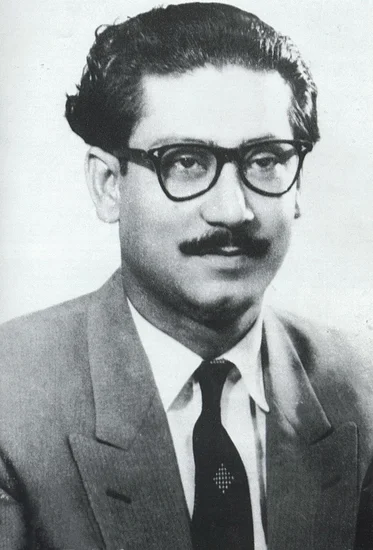
Sheikh Mujibur Rahman was assassinated in Dhaka along with most of his family during a military coup. His death ended the life of Bangladesh’s liberation leader and first president.
Rahman had led Bangladesh’s independence movement from Pakistan and became the nation’s founding father. His assassination created political instability that affected Bangladesh for decades and eliminated a key figure in South Asian politics.
1982 – Hugo Theorell, Swedish Biochemist and Nobel Laureate
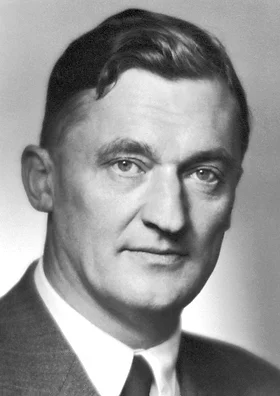
Hugo Theorell died in Stockholm, Sweden, concluding a distinguished career in biochemistry and medical research. His groundbreaking work on enzyme mechanisms earned him the Nobel Prize in Physiology or Medicine.
Theorell’s research into oxidation-reduction enzymes advanced understanding of cellular metabolism. His discoveries contributed to fundamental knowledge about how living organisms process energy and maintain cellular functions.
2021 – Gerd Müller, German Football Legend

Gerd Müller died in Bavaria, Germany, ending the life of one of football’s greatest goal scorers. His prolific scoring record and World Cup achievements made him a German sporting icon.
Müller’s 68 goals in 62 international matches helped Germany win the 1974 World Cup on home soil. His club career with Bayern Munich established him as one of the most lethal strikers in football history.
Holidays and Observances on August 15
Independence Day Celebrations in India and Pakistan
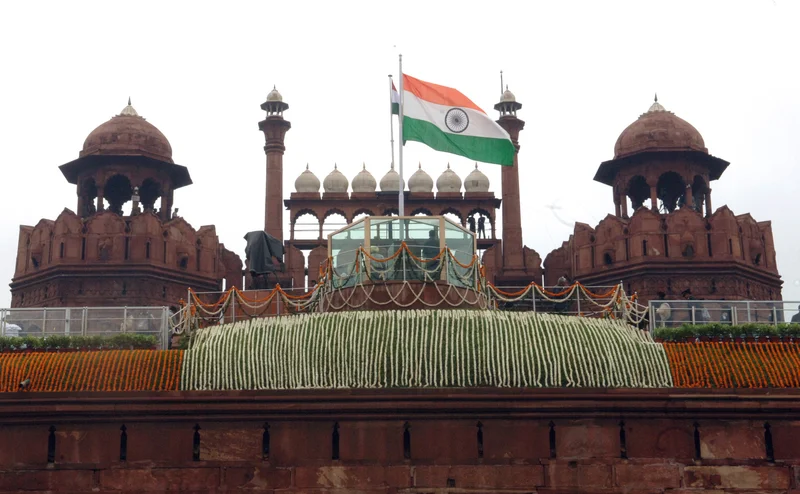
India celebrates Independence Day on August 15, commemorating freedom from British colonial rule in 1947. The holiday features flag ceremonies, patriotic speeches, and cultural performances across the nation.
Pakistan simultaneously observes its own independence, though officially on August 14. Both nations’ independence celebrations reflect the complex partition process that created two separate countries from former British India.
Feast of the Assumption of Mary
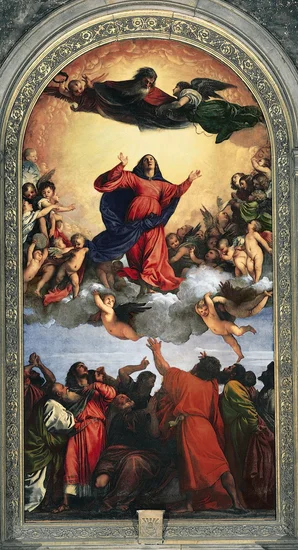
Catholics worldwide observe the Assumption of Mary, a holy day of obligation celebrating the Virgin Mary’s bodily assumption into heaven. The feast serves as a public holiday in numerous Catholic countries across Europe and Latin America.
The celebration includes special masses, processions, and religious ceremonies honoring Mary’s role in Christian theology. Countries like Italy, France, Spain, and Poland treat the day as a major religious and cultural observance.
Korean Liberation Day
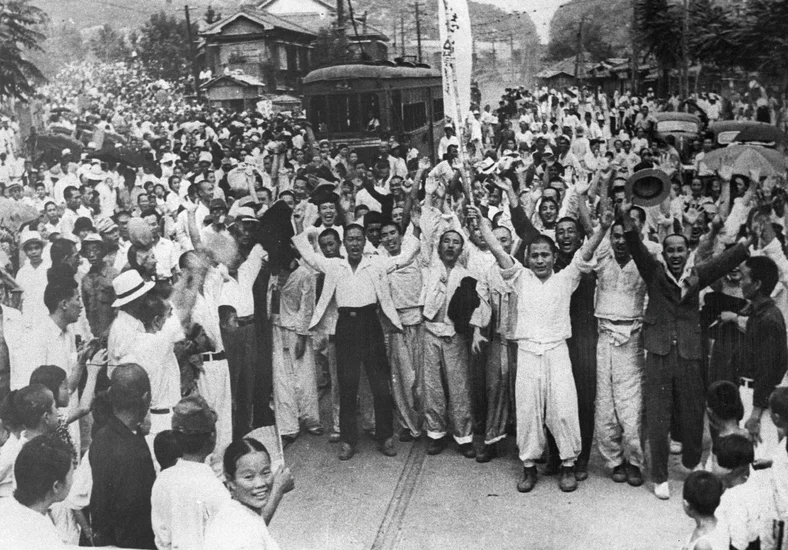
Both North and South Korea commemorate liberation from Japanese colonial rule in 1945. South Korea celebrates “Gwangbokjeol” (Independence Day) while North Korea observes “Fatherland Liberation Day.”
The holiday reflects the Korean peninsula’s shared history of Japanese occupation and the joy of liberation. Despite political divisions, both Korean states recognize August 15 as a crucial date in their national histories.
Bon Festival in Japan

Japan observes the main day of Bon Festival, a Buddhist tradition honoring deceased ancestors. Families gather to welcome ancestral spirits back to the earthly realm through special ceremonies and offerings.
The festival includes traditional dances, lantern displays, and visits to family graves. Many Japanese return to their ancestral homes during Bon, making it one of the country’s most important cultural and religious observances.
